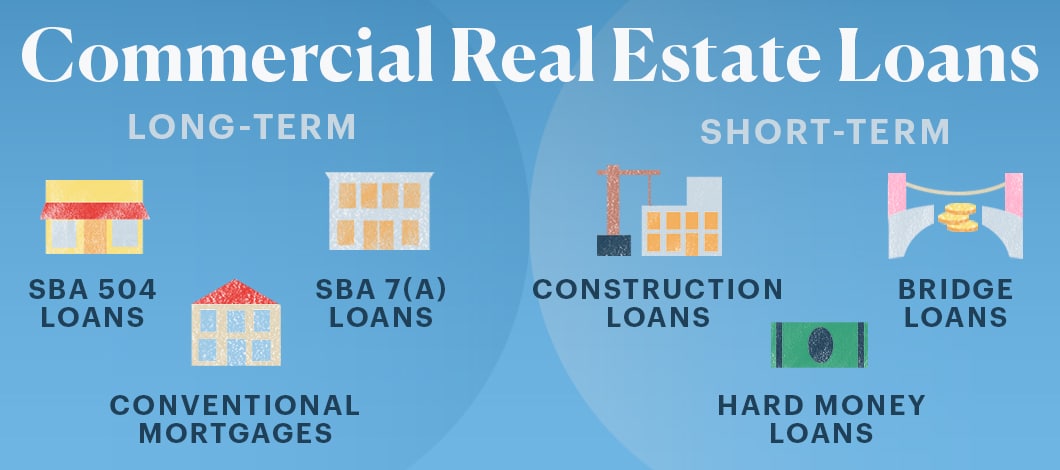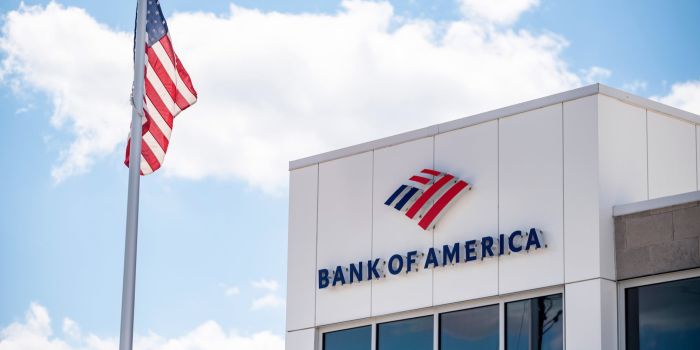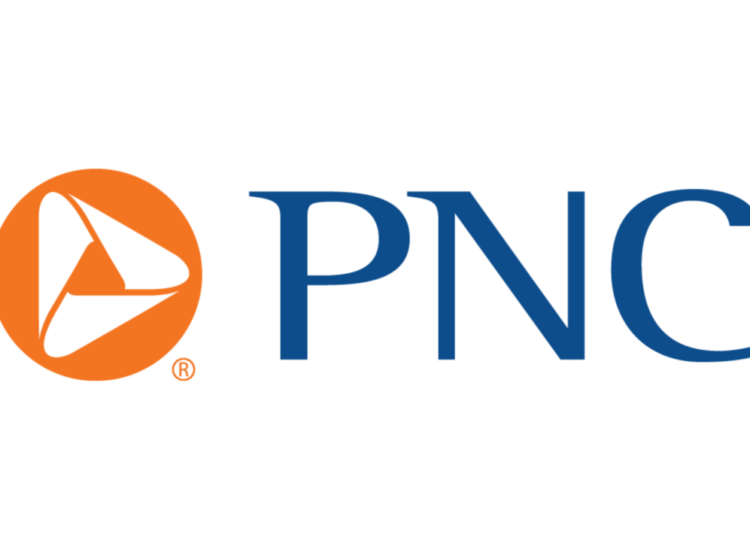If you own a small business and are looking to expand or relocate your operations, securing the right space is crucial. As a small business owner, finding the perfect location can be a daunting task, especially when it comes to financing. That’s where commercial real estate loans come in.
Toc
Introduction

In the competitive world of small business, securing the right location can make all the difference. Whether you’re looking to expand your operations, purchase your first storefront, or invest in a new office space, commercial real estate loans can provide the financial backing you need. These loans are essential for small businesses aiming to build equity, increase their market presence, and streamline operations. In this guide, we’ll explore everything you need to know about commercial real estate loans, from the different types available to the steps involved in securing one.
What are Commercial Real Estate Loans?
Commercial real estate loans (CRE loans) are specifically designed for businesses looking to purchase, renovate or refinance commercial properties such as offices, retail spaces, warehouses, and industrial buildings. These loans are typically larger than traditional residential mortgages and have longer terms.
There are several types of CRE loans available, including:
- Traditional Commercial Mortgages: Similar to residential mortgages but with different terms and interest rates.
- SBA 504 Loans: Offered by the Small Business Administration to help businesses purchase owner-occupied commercial real estate.
- Bridge Loans: Short-term loans that provide temporary financing while a business secures long-term financing.
- Hard Money Loans: High-interest, short-term loans intended for quick purchases or investments.
Why do Small Businesses Need Commercial Real Estate Loans?
Securing a commercial property is often a significant investment for small businesses. However, it can also bring several benefits such as:
- Building Equity: Owning your own space allows you to build equity and potentially increase the value of your business over time.
- Cost Savings: Over time, owning rather than renting can lead to significant cost savings.
- Control over Space: As a property owner, you have more control over how the space is used and can make necessary renovations or expansions without landlord approval.
- Location Stability: Owning your location provides stability and security for your business’s future operations.
Types of Commercial Real Estate Loans

As mentioned earlier, there are various types of commercial real estate loans available. Let’s take a closer look at each type and their specific features.
Traditional Bank Loans
Traditional bank loans are one of the most common financing options for commercial real estate. These loans are typically offered by banks and credit unions and come with fixed or variable interest rates. They can be used for purchasing new properties, refinancing existing ones, or funding renovations.
Benefits:
- Competitive interest rates
- Flexible terms and repayment options
- Lower down payment requirements compared to other types of CRE loans
Drawbacks:
- Strict eligibility criteria and documentation requirements
- Longer approval process, making it less suitable for time-sensitive transactions
SBA 504 Loans
SBA 504 loans are a popular financing option for small businesses looking to purchase owner-occupied commercial real estate. These loans are partially guaranteed by the Small Business Administration, allowing lenders to offer lower interest rates and longer repayment terms. However, these loans do require a significant down payment (usually around 10%).
Benefits:
- Low-interest rates and longer repayment terms
- Allows for larger loan amounts than traditional bank loans
- Can be used for various expenses, including purchasing land, construction, and renovations
Drawbacks:
- Strict eligibility requirements and documentation requirements
- Can take longer to process due to SBA involvement
Bridge Loans
Bridge loans are short-term financing options that provide businesses with temporary funding while they secure long-term financing. These loans are typically used when a business needs to act quickly on an investment opportunity or needs immediate access to funds for renovations.
Benefits:
- Quick access to funds (usually within a few weeks)
- Can help bridge the gap between two transactions or during a time of financial need
Drawbacks:
- High-interest rates and fees compared to other types of CRE loans
- Short repayment terms (usually around 12 months)
Hard Money Loans
Hard money loans are another short-term financing option, intended for quick purchases or investments. These loans are typically offered by private lenders and come with higher interest rates due to the risk associated with them.
Benefits:
- Quick approval and funding process
- Can be used for various purposes, including purchasing distressed properties or renovations
Drawbacks:
- High-interest rates and fees compared to other types of CRE loans
- Short repayment terms (usually around 12 months)
Alternative Financing Options
For businesses that may not qualify for traditional bank loans or SBA loans, alternative financing options such as commercial bridge loans, hard money loans, and online lenders can offer a viable solution.
Benefits:
- Faster approval processes
- Flexible eligibility criteria
Drawbacks:
- Higher interest rates and fees compared to traditional loans
- May require collateral or a personal guarantee from the borrower
How to Secure a Commercial Real Estate Loan

Securing a commercial real estate loan involves several steps, including:
1. Determine Your Eligibility
Before diving into the application process, it’s essential to evaluate your eligibility for a commercial real estate loan. Lenders will assess various factors including your credit score, business financials, and how well you’ve managed your existing debts. Generally, a credit score of 650 or higher is preferred, although some specialized lenders may work with lower scores. You’ll also need to provide a comprehensive overview of your business finances, including profit and loss statements, tax returns, and cash flow projections. Ensuring that your financial records are in order before applying will significantly enhance your chances of securing favorable loan terms.
2. Prepare Your Business Plan
A well-structured business plan acts as a roadmap for your business’s future and is crucial when seeking a loan. It should include detailed information about your business model, target market, projected revenue, and how you plan to use the loan funds. Highlighting your strategies for growth and establishing a clear vision can instill confidence in potential lenders. A strong business plan not only aids in gaining financing but also helps you stay focused on your business objectives.
3. Shop Around for the Best Lenders
Not all lenders offer the same terms, so it’s important to research and compare different options. Look for lenders specializing in commercial real estate loans, including banks, credit unions, and alternative lending institutions. Consider factors such as interest rates, repayment terms, fees, and the lender’s reputation. Gathering multiple quotes can help you make an informed decision and potentially save money over the term of your loan.
4. Gather Required Documentation
Once you’ve identified potential lenders, prepare the documentation they will need to process your application. This typically includes tax returns, financial statements, a list of business assets, and a detailed property description. Be mindful that each lender may have slightly different requirements, so it’s beneficial to confirm these ahead of time to prevent delays in the application process. Having all necessary documents organized can expedite the review process and improve your chances of receiving approval.
Eligibility Criteria and Application Requirements

To secure a commercial real estate loan, small business owners must meet certain eligibility criteria and prepare various documents. Here’s what you need to know:
Financial and Credit Requirements
- Credit Score: A higher credit score increases your chances of approval and favorable loan terms.
- Debt-to-Income Ratio: Lenders assess your capacity to repay the loan by comparing your existing debts to your income.
- Business Revenue: Demonstrating consistent and sufficient business revenue is crucial. Lenders typically prefer to see a minimum of two years of business history.
- Collateral: Collateral is an asset that you pledge to secure the loan. It can include real estate, equipment, or other valuable business assets.
Required Documentation
- Business Plan: As previously mentioned, having a well-structured business plan is crucial when seeking financing.
- Personal and Business Tax Returns: This helps lenders assess your financial stability and verify your reported income.
- Financial Statements: These include documents such as balance sheets, profit and loss statements, and cash flow projections.
- Property Description and Appraisal: Providing detailed information about the property you’re looking to purchase or refinance is necessary for lenders to determine the loan amount.
- Legal Documents: Depending on the type of loan and lender, you may be required to provide legal documents such as articles of incorporation, business licenses, or partnership agreements.
Factors Considered by Lenders

Lenders evaluate a variety of factors when assessing a commercial real estate loan application:
Credit Score
The credit score is a key factor in determining the risk associated with lending to a business. A higher credit score typically indicates a lower risk, making it more likely for a borrower to receive favourable terms. Generally, a score above 700 is considered good, while scores below 650 may necessitate additional scrutiny or higher interest rates. Lenders will often review both personal and business credit histories to gauge the borrower’s reliability in repaying debts.
Business Cash Flow
Cash flow is another critical element that lenders scrutinise meticulously. It demonstrates the business’s ability to maintain adequate revenue to cover operational costs and debt obligations. Lenders typically require detailed cash flow projections, along with historical financial performance data, to assess whether the business can sustain loan repayments. A positive cash flow indicates strong financial health and enhances the application’s appeal.
Property Value and Condition
The value and condition of the property being financed play significant roles in lenders’ decisions. Lenders will conduct appraisals to determine the property’s market value and ensure it meets their lending criteria. A well-maintained and strategically located property can significantly increase the likelihood of loan approval. Additionally, lenders may take into account the potential for appreciation in property value, which can influence their willingness to lend.
Business Experience
Finally, lenders often consider the experience and track record of the business owners. A history of successful management can instill confidence in lenders about the prospective success of the new project. Demonstrating expertise in the industry, alongside solid business acumen, can strengthen an application and facilitate a smoother borrowing experience. Lenders may also consider the personal financial stability and credit history of the business owners when assessing risk.
Benefits of Commercial Real Estate Loans

Securing a commercial real estate loan offers numerous benefits for small business owners:
Building Equity
One of the most significant advantages of obtaining a commercial real estate loan is the opportunity to build equity. As you make mortgage payments, you gradually increase your ownership stake in the property. This equity can serve as a valuable asset for your business, enabling you to leverage it for future financing needs or even to fund expansion projects. Additionally, as property values typically appreciate over time, your equity can grow even further, providing financial security and a potential return on investment.
Tax Benefits
Commercial real estate loans also come with potential tax advantages. Interest paid on the loan is often tax-deductible, which can enhance your business’s cash flow. Furthermore, property depreciation can provide additional tax benefits, allowing you to reduce taxable income. It’s advisable to consult with a tax professional to fully understand the implications and advantages of commercial real estate investment, as the right strategy can lead to substantial financial savings.
Stability and Control
Owning a commercial property offers a level of stability that leasing typically cannot provide. With ownership comes greater control over the property, including the ability to modify it to fit your business needs without needing landlord approval. This stability not only reduces uncertainty regarding growing lease expenses but also allows for long-term planning, as owning a property can secure a fixed location for your business activities.
In summary, commercial real estate loans can offer small business owners numerous benefits, from building equity and appreciating assets to tax advantages and greater control over their operational space. Understanding these benefits can help you make informed decisions about financing options that best align with your business objectives.
Challenges and Risks

While commercial real estate loans offer significant advantages, they also come with potential challenges:
Financial Risk
One of the primary challenges associated with commercial real estate loans is financial risk. Businesses may face fluctuating income streams due to market conditions, economic downturns, or changes in consumer behaviour, which can impact their ability to meet loan repayments. If cash flow becomes insufficient, this can result in missed payments, leading to penalties, increased interest rates, or even foreclosure on the property. It is crucial for business owners to conduct thorough financial planning and maintain an emergency fund to mitigate this risk.
Market Volatility
The real estate market is inherently volatile, and property values can change significantly due to various factors, including economic shifts, local developments, and interest rate fluctuations. A drop in property value can jeopardize the equity that business owners have built and may hinder future financing opportunities. Understanding local market trends and economic indicators can help owners make better-informed decisions regarding their investments.
Regulatory Challenge
Obtaining a commercial real estate loan is a rigorous and complex process. Lenders may require extensive documentation, financial data, and personal guarantees to approve the application. Additionally, complying with relevant laws and regulations, such as zoning restrictions or environmental impact assessments, can delay the approval process and ultimately impact business operations.
Conclusion

In conclusion, navigating the world of commercial real estate loans can be both rewarding and challenging for small business owners. Understanding the criteria lenders consider, such as cash flow, property value, and business experience, is crucial for successfully securing financing. The benefits, including building equity, enjoying tax advantages, and gaining stability, can significantly impact a business’s growth and sustainability. However, it is equally important to be aware of the associated challenges, including financial risks, market volatility, and the complexities of regulatory compliance. By conducting thorough research and planning, business owners can position themselves to take full advantage of commercial real estate loans while mitigating potential pitfalls, ultimately paving the way for long-term success in their ventures.






